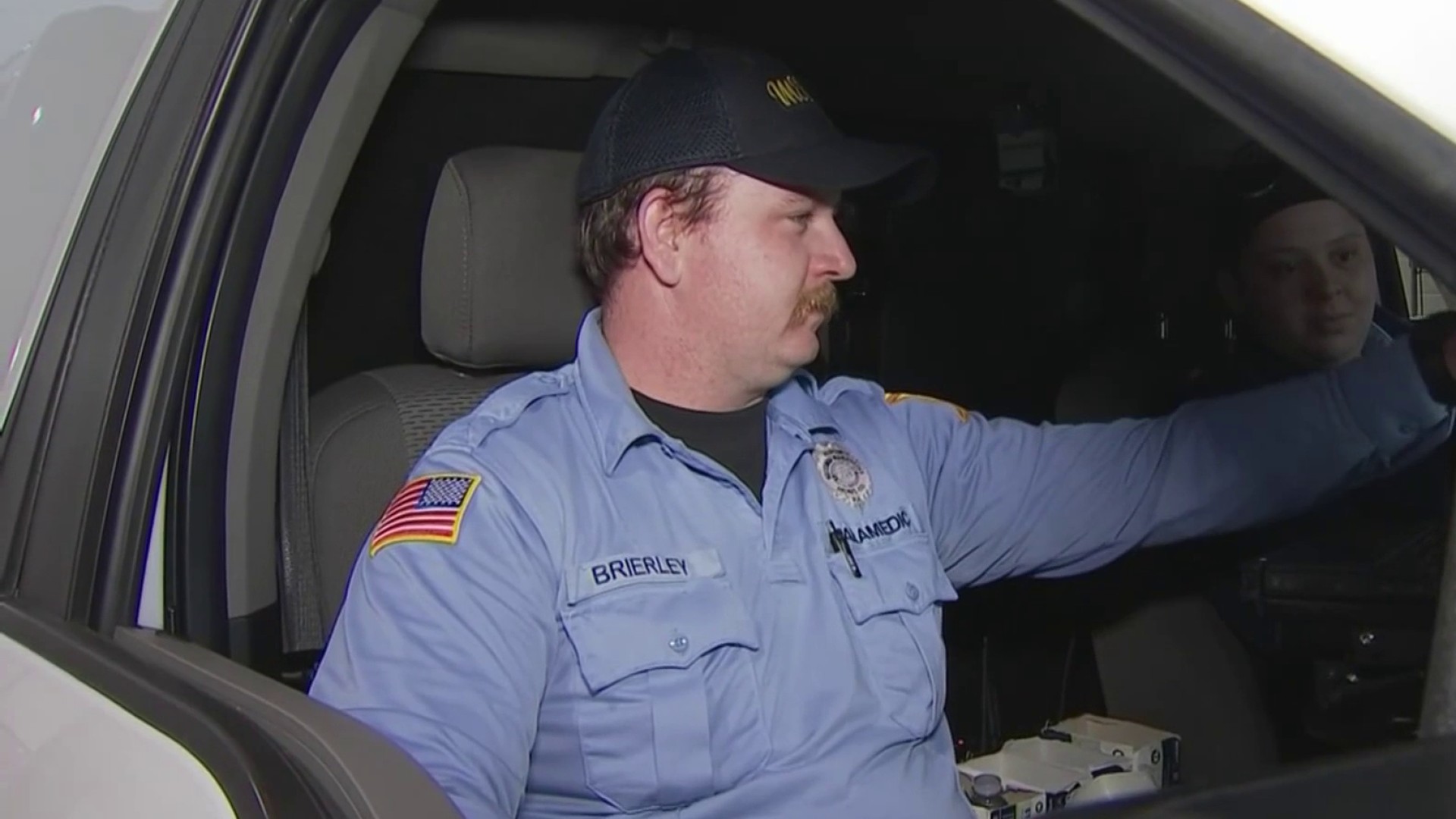Snorting in the snow, horses strain to pull Amish buggies up hills, the steaming vapor from their nostrils clouding with car exhaust in the quaint juxtaposition of history and modernity that is Honey Brook.
Here, the rich and cultivated Chester County landscape calls to mind the best of America, where bounty and opportunity are promised to those who work hard - by either 19th- or 21st-century standards.
But sublime vistas obscure dark truths about rural poverty. People are hungry out here: Kensington-hungry, Camden-hungry.
So at noon Wednesday, the Honey Brook Mobile Food Pantry will open, an attempt to slake need in a place that looks too pretty for privation.
While some communities in the Philadelphia region have objected to pantries in their midst, Honey Brook appears to be welcoming this one with an enthusiasm inspired by Mennonite precept and country courtesy.
It can't happen too soon.
"People are stuck," said Dawn Schell, a former teacher who runs an outreach center to help the poor of Honey Brook. "Lack of food is a huge thing. More and more families here are needing help. But they're sort of giving up hope. We want this pantry to restore it."
Local
Breaking news and the stories that matter to your neighborhood.
Route 322 runs 494 miles from Cleveland to Atlantic City, crossing the Appalachian Mountains in Western Pennsylvania.
The origin of President Lyndon B. Johnson's war on poverty can be traced to President John F. Kennedy's identifying desperate need in the Appalachian states - Pennsylvania included.
Decades later, problems persist. Although Route 322 traverses Chester County, one of the richest counties in the United States, it remains a hunger highway, thick with the traffic of Honey Brook residents seeking food.
Day after day, they travel the 11 miles to Downingtown, where the state-of-the-art Lord's Pantry food cupboard beckons people anxious to get meals onto the table and into their children's stomachs.
"The problem is, the Lord's Pantry can only serve so many," said Phoebe Kitson-Davis, program manager of the Chester County Food Bank in Exton. The food bank, she said, provides hundreds of thousands of pounds of food to pantries, from kale to locally shot deer meat, "in a county of haves and have-nots."
Kitson-Davis was among the group of planners from the nonprofit and business worlds, led by Kenneth Ross, former Lord's Pantry board chairman, who created the Honey Brook pantry after seeing that many Honey Brook residents were making their way to Downingtown to seek food at the Lord's Pantry.
As well-off as the county is, poverty there grew from 4.5 percent in 2000 to 7.4 percent in 2012, census figures show. By comparison, Philadelphia poverty is 26.9 percent.
In Honey Brook, with an 11 percent poverty rate, a third of public school students are identified as low-income, Kitson-Davis said. Around 40 percent of the township's residents earn less than $50,000 annually, she added. Most of the poor are white, she said.
About 7,000 people live in Honey Brook Township's 26 square miles, in the northwest sector of the county on the border with Lancaster County, said Joe Fenstermacher, the township supervisor. Honey Brook Borough, just one square mile, has a population of around 1,700.
In Honey Brook, known for the Tel Hai and Heatherwood retirement communities, 50 percent of the land is owned by the Amish, who are not considered among the poor, Fenstermacher said.
Honey Brook is also home to 15 mobile-home parks. While not everyone who owns a trailer is poor, many of the area's low-income residents live in the mini-villages.
Peggy Magnuson, 41, lives in the largest, Deer Run Mobile Home Park on Route 322, in a trailer that cost $1,000.
"It really hurts to see my kids hungry," said Magnuson, a former house cleaner and a stay-at-home mother of five children under 17. Her husband works seasonally as a landscaper. The Magnusons live in deep poverty - they earn less than half the federal poverty level of $35,000 for a family of seven. "The children eat like you can't believe, and sometimes I have to say, 'Look, we need to cut down. There's just not enough.' "
While the urban poor receive the most attention, rural poverty, as the war on poverty showed, "was always with us," said Amy Glasmeier, professor of economic geography at the Massachusetts Institute of Technology.
In rural America, people live in "interstitial poverty," she said - in little-seen pockets of long-standing deprivation.
Conditions were worsening for the rural poor even before the recession battered America, said Beth Mattingly, director of Research on Vulnerable Families at the University of New Hampshire. "A lot of rural America was ravaged by deindustrialization," Mattingly said, "as we lost paper mills, mining, things like that."
Loss of jobs in the countryside has had a devastating effect. In 2012, more than 26 percent of children nationwide living in rural areas were poor, compared with more than 29 percent in the cities and 17 percent in suburbs, census figures show.
There is no large employer in Honey Brook, Fenstermacher said. Many people commute to work in Lancaster, Exton, or Coatesville, he said.
A car is key in the country, and generally, anyone without one is sunk. But because of the cost of keeping a car, many low-income Honey Brook residents are compelled to live diminished lives, and to rely on friends to get them to work or food.
A core Honey Brook value is helping others, born of the prevalent Mennonite ethos shared with the Amish, Fenstermacher said. "The poor are our brothers," he said. "We want to have the pantry."
Considered temporary with the hope that it will become permanent by summer, the pantry - open noon to 6 p.m. on the last Wednesday of every month - will be housed in the distribution center of Good Food Inc., which makes molasses, among other products.
Eight different business and community groups offered to house the pantry. "That's unusual," said Ross of the Lord's Pantry. "It's like there was a pent-up willingness to help."
Will the pantry be a success?
Some people wonder. "We're an agrarian community with an inherent sense of fending for ourselves, without handouts," said Donna Horvath, owner of the Honeybrook Golf Club, and a business leader who helped Ross establish the food pantry. "We really don't know if people will use it."
They will, Schell of the outreach center predicted: "The need in Honey Brook is bigger than anyone knows."
___
Online:
http://bit.ly/1byCWvF



